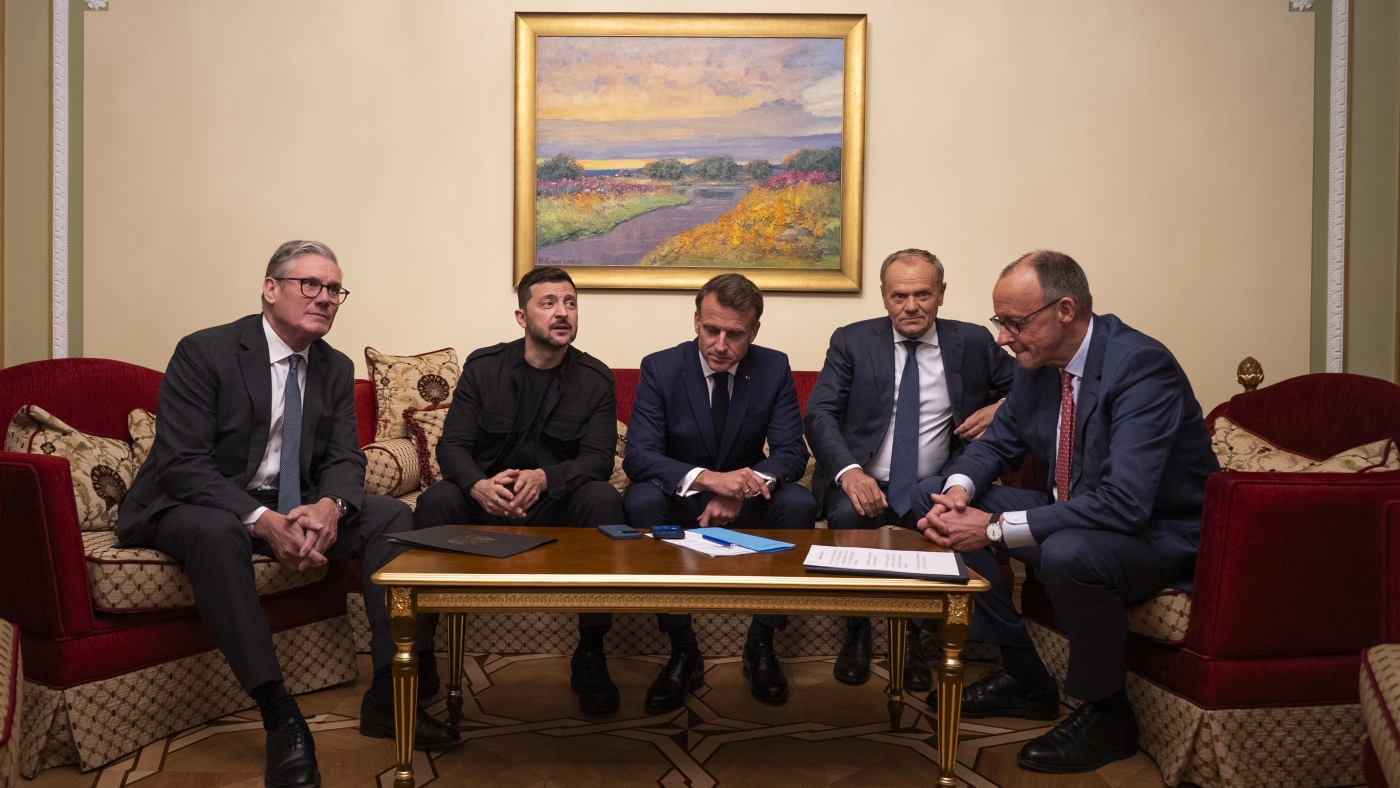“`markdown
The Diplomatic Tightrope: Analyzing Zelenskyy’s Strategic Gambit Against Putin
Introduction: A High-Stakes Moment in Geopolitics
The world watches as Ukraine’s President Volodymyr Zelenskyy and Russia’s Vladimir Putin engage in a delicate diplomatic dance, where every move carries the weight of potential escalation or de-escalation. Zelenskyy’s recent call for a 30-day ceasefire, followed by a bold challenge for direct talks in Turkey, marks a pivotal moment in the conflict. This analysis unpacks the layers of this geopolitical chess game, examining the players, their strategies, and the implications for global stability.
—
The Ceasefire Proposal: A Test of Intentions
Zelenskyy’s demand for a 30-day ceasefire before negotiations was a calculated move. It served three purposes:
Russia’s counteroffer—immediate talks without a ceasefire—revealed its preference for negotiations on its own terms, likely to avoid conceding moral or tactical ground.
—
Europe’s Unified Front: Diplomacy Backed by Threats
The European coalition, led by key players like Germany and France, rallied behind Zelenskyy’s ceasefire demand, coupling it with a stark warning: reject the pause, and face “massive new sanctions” targeting energy and banking sectors. This approach:
– Raised the Cost for Russia: By linking sanctions to the ceasefire, Europe weaponized economic pressure.
– Exposed Divergences: While Europe prioritized a humanitarian pause, Trump’s intervention (see below) highlighted fractures in Western unity.
The failure of this demand to gain traction underscores the limits of coercive diplomacy when major powers are misaligned.
—
Trump’s Wildcard: Disrupting the Diplomatic Calculus
Donald Trump’s unexpected push for Ukraine to bypass the ceasefire and accept direct talks introduced a disruptive variable:
– Undermined European Strategy: By sidelining the ceasefire precondition, Trump weakened Europe’s leverage.
– Empowered Putin: Russia’s insistence on immediate talks gained tacit U.S. support, altering the power dynamic.
This intervention revealed how external actors can reshape conflict trajectories, often at odds with regional allies’ agendas.
—
Zelenskyy’s Countermove: The Turkey Gambit
Faced with shifting dynamics, Zelenskyy pivoted to a high-risk, high-reward tactic: publicly challenging Putin to meet in Turkey. This move:
– Bypassed Middlemen: By calling for leader-to-leader talks, Zelenskyy sought to cut through bureaucratic inertia.
– Leveraged Neutral Ground: Turkey’s role as a NATO member with ties to both sides made it a symbolic and practical choice.
– Forced Putin’s Hand: The public nature of the challenge put pressure on Putin to either engage or appear intransigent.
The proposal’s success hinges on whether Putin views face-to-face talks as an opportunity or a trap.
—
Why Direct Talks Matter: Lessons from 2022
The last direct negotiations between Russia and Ukraine, in early 2022, collapsed due to:
– Mutual Distrust: Neither side believed the other would honor agreements.
– External Pressures: Allies on both sides influenced terms, muddying the waters.
This time, the stakes are higher. A sustained ceasefire could:
– Freeze Frontlines: Allowing Ukraine to regroup and Russia to consolidate gains.
– Test Diplomacy’s Limits: Prolonged talks might reveal whether a lasting peace is feasible or a pipe dream.
—
Turkey’s Role: More Than Just a Venue
Turkey’s candidacy as a host is no accident. Its unique position offers:
– Balanced Relations: Ankara supplies drones to Ukraine while avoiding full alienation of Moscow.
– Mediation Credibility: Past success in brokering grain deals lends it legitimacy.
However, Erdogan’s own ambitions could complicate neutrality, as he seeks to elevate Turkey’s global standing.
—
Conclusion: The Fragile Road Ahead
Zelenskyy’s diplomatic offensive has shifted the conflict into uncharted territory. The immediate outcomes depend on:
One truth is clear: this is no longer just a military struggle but a battle of narratives, alliances, and sheer political will. The world awaits the next move—and with it, the fate of millions.
“`











